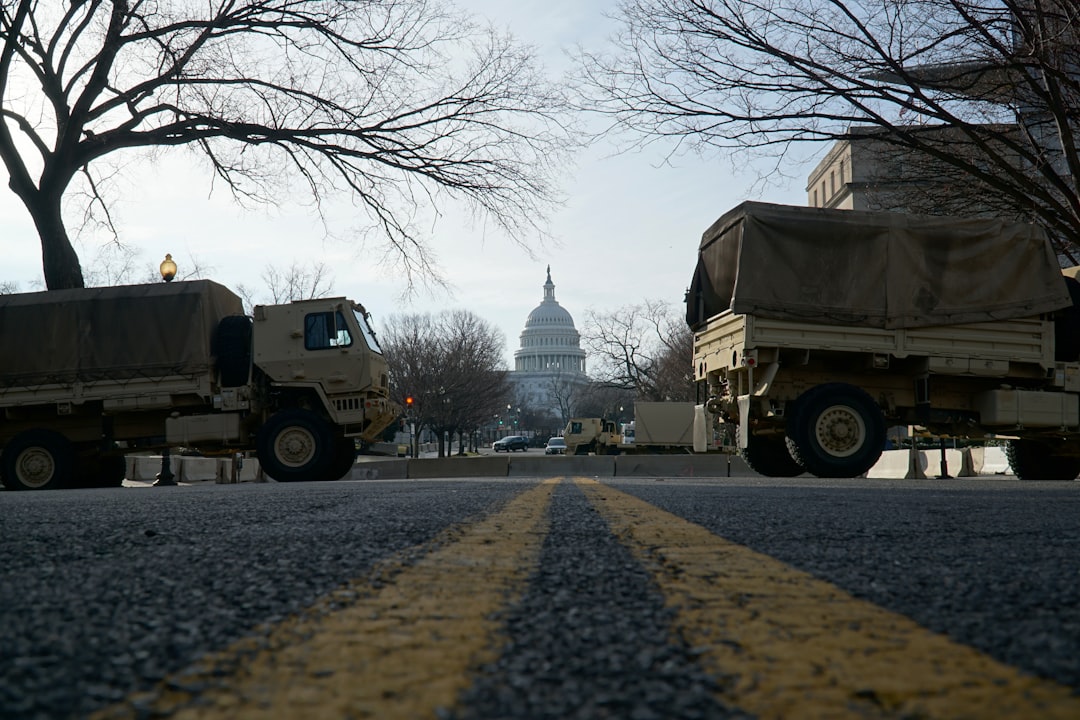National News
DC Under Siege? Governor Sends 200 National Guard Troops to Back Trump's Controversial Capital Crackdown

WASHINGTON, D.C. – The political temperature in the nation's capital is set to rise as hundreds of uniformed troops descend on the city. In a dramatic show of support for the White House, Mississippi Governor Tate Reeves has officially authorized the deployment of approximately 200 Mississippi National Guard members to Washington, D.C., injecting fresh military force into an already volatile environment.
The move is a direct answer to President Donald J. Trump's highly controversial federal initiative targeting crime and homelessness in the capital. The administration has framed the operation as a necessary "crackdown" to restore law and order, but critics have labeled it a heavy-handed political maneuver. By dispatching his state's troops, Governor Reeves has firmly planted his flag in the president's camp, committing Mississippi's resources to an operation that is deepening national divisions and sparking outrage among local D.C. leaders.
Mississippi is not acting alone in this escalating situation. It joins a coalition of other states, including West Virginia, South Carolina, and Ohio, that have similarly heeded the president's call and sent their own National Guard units. This coordinated deployment from multiple states transforms a local D.C. issue into a national spectacle, highlighting a stark partisan divide over the role of federal power and the use of military personnel for domestic policing duties. The growing presence of out-of-state troops is seen by many as a federal occupation of an American city.
The arrival of these forces has been met with significant resistance on the ground. Protests have flared up across Washington, with citizens and activists condemning the increased federal presence as an intimidating and unconstitutional overreach. Chants and signs decrying the "troop surge" have become a common sight, as demonstrators challenge the legitimacy of using soldiers to police streets and manage social issues. The atmosphere remains thick with tension as local residents navigate a city patrolled by an ever-expanding federal force.
Adding a shocking twist to the narrative is the city's own crime data. While the crackdown is predicated on the idea of a city spiraling out of control, official statistics from law enforcement suggest that Washington's crime rate is actually lower than it was at this time last year. This inconvenient fact has fueled accusations that the operation is less about public safety and more about political theater. As the 200 soldiers from Mississippi prepare to join the fray, their mission begins under a cloud of controversy, with many questioning whether they are protectors or pawns in a high-stakes political game.